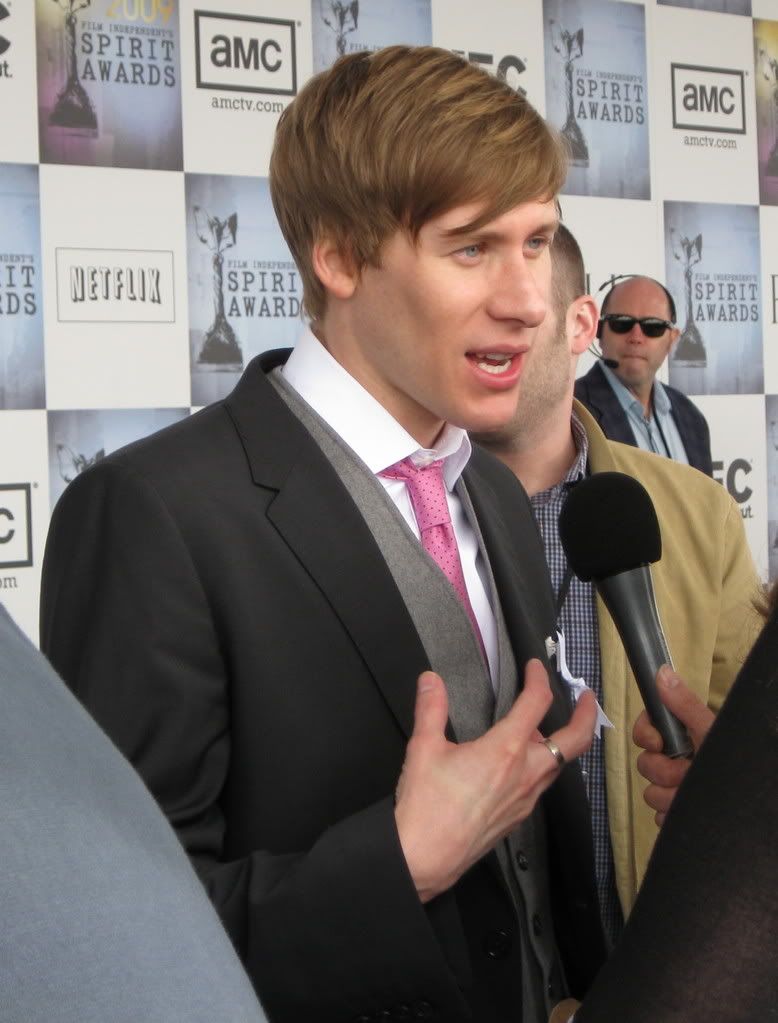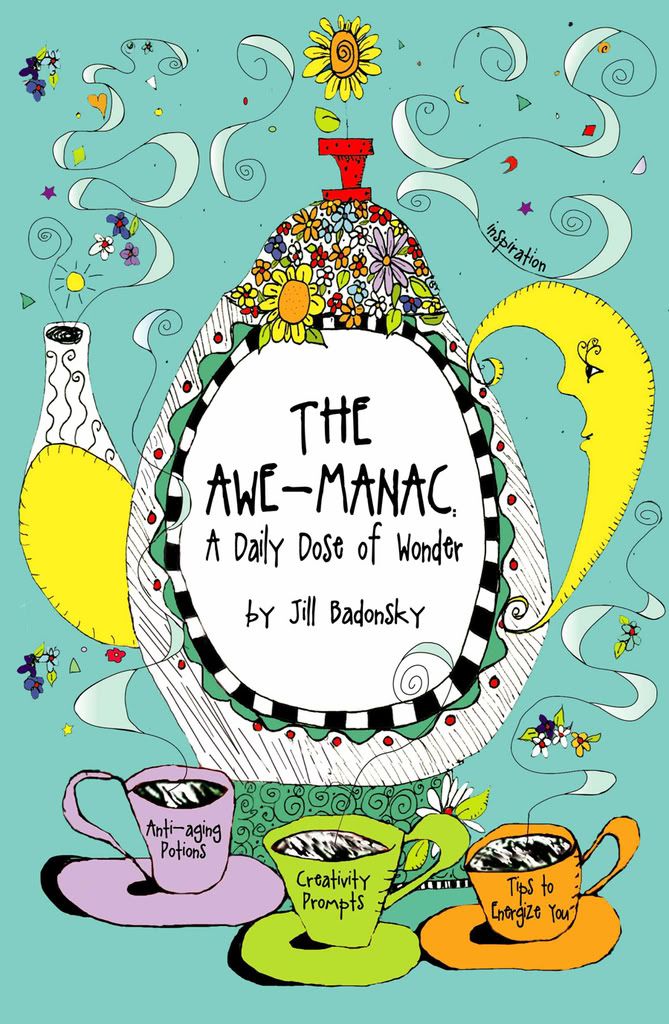Novelist Gary William Murning lives in the northeast of England. His work, largely mainstream fiction, focuses on themes such as love, death, loss and aspiration, but always with an eye to finding an unusual angle or viewpoint.Hist first novel—If I Never, which centers on the growing love between two “social misfits”—is now available. Murning shares his thoughts on his process, his experience, and “writing quirky” with the Write On! community.
Gary William Murning and Write On! Online are part of the VBT – Writers On the Move Blog Tour. Please check out the VBT Website for more exciting author interviews and expert columns!
When did you first start writing?
I first started “dabbling” with writing when I was very young. My early attempts, naturally, were unfinished, ill formed, but great fun. I loved what my imagination could do for me—the amazing freedom it presented—and that carried over into adulthood when, around the age of 20, I started writing my first novel.
What inspired you to write If I Never? Where did the title come from?
It’s difficult to recall just where If I Never came from, exactly. A number of factors came into play during the early stages of its creation, not least in my wish to do something different—to push boundaries a little and… and, yes, indulge myself. Initially, it was very much a novel of ideas. I’d read about certain medical conditions—anosmia, for example (the inability to smell anything)—and I wanted to incorporate these, though not in an obvious way.
The title… well, it features in one sentence of the novel and if I explained it at this stage it might spoil it for future readers—and, also, I find being mysterious is a great way to sell books! Let’s just say it’s about looking at what might have been from the vantage point of what is.
What was your process for writing it? Getting it published?
If I Never was actually written during a fairly difficult time for me. I wasn’t in the best of health (nothing serious, just niggling and rather distracting), but I stuck to a fairly regimented routine, the way I always do. I like to write at least 4,000 words a week. These days, it’s nearly always 5,000, but then I would struggle to meet that target. The editor at Legend Press (now my publisher) had read half of it and was waiting for the rest, though, so this kept me moving forward. It probably took me about 10 months altogether.
Getting it published came as something of a surprise. The editor I’d been dealing with had, in the meantime, moved on and I pretty much thought that that was that. And, given that If I Never is a quite unusual novel, I didn’t submit elsewhere. I think it’s fair to say I was—having been writing for many years, with so many close calls—a little jaded with the whole business. So I pretty much decided just to concentrate on current projects, sit out the recession, and then go for it again.
And then I heard from Tom Chalmers, the MD of Legend Press, saying that he’d read If I Never and wanted to discuss it with me.
What was your favorite part of writing If I Never? The greatest challenge?
My favorite part was definitely the relationship between Price and Tara. It certainly isn’t your traditional love story but I felt as if I knew the two of them so well and loved the way they grew together.
The greatest challenge, I suppose, was not chickening out. There’s a lot of stuff in If I Never that’s fairly gritty, to put it mildly, and it shows, to my mind, a healthy disregard for political correctness—but there was always the thought in the back of my mind that I’d never be able to pull it off/get away with it. At times the temptation to tone it down was very strong.
You refer to yourself as quirky and say that you write from an unusual angle. How so?
Yes, that could be interpreted in so many ways, couldn’t it?! I don’t type standing on my head or anything, I’m sad to say!
I think, actually, it’s my writing I describe as quirky. I’m pretty boring. But what I like to do with my work is find a different perspective—look at sometimes quite common aspect of life and give it a little twist. The relationship between Price and Tara, for example, is a prime example, though, typically, I can’t really tell you too much about that without spoiling it!
What can new writers do to bring a unique perspective to their work?
Interesting question. I think it’s something you have to treat with care. You can’t just suddenly say “I’m going to write something that has a unique perspective,” you know? It’s something that comes with time. My early writing, for example, was far from unique—but with time and practice, and a little life experience, it’s developed. One thing I find myself doing time and time again, though—sometimes in the most inappropriate circumstances—is to reverse the way something has been presented to me. If someone tells me a story about something that someone’s done, I’ll switch key points about—if it features a moral question, I’ll invert everything, play devils advocate, almost. It’s very rare that this will result in something I can use but it helps you look at things from different perspectives. Creatively, I never take anything at face value.
How does writing a novel differ from your other writing experiences?
It’s easier! Blogging, writing e-mails, articles, short stories—that’s the difficult stuff for me. Writing a novel is something, however much hard work it might entail, I really enjoy. The chance to play God for a couple of hours a day. What’s not to love?
Additional advice for writers?
I’m a big believer learning to write/developing one’s ability by doing. The best way to develop a voice is just to keep at it. Write, read, be aware of the stories all around you, and—as far as the business side of things is concerned—don’t lose heart. It took me 20 years of close calls, but it does happen.
What do you know now that you wish you knew when you first started writing?
That I wasn’t deluding myself. That one day I would indeed be published. The more I wrote, and the more positive feedback I received, the more certain I was, of course, that I wasn’t fooling myself—but, on occasion, it was extremely difficult to just keeping going. It would have been nice to have that certainty, to have a day circled on the calendar when it would happen.
Or would it?! Maybe knowing such things would have prevented me from being the writer I ultimately became. All that self-doubt and, yes, resentment, maybe they just add fuel to the fire. All the things we learn along the way—maybe we’d lose impetus if we knew them at the beginning.
Something to ponder!
Tags: Author Q&A Debra Eckerling Gary Murning If I Never Legent Press VBT - Writers on the Move Write On!












Comments are closed.
Thank you, Debra, for helping us get to know Gary a little better.
Gary, your novel sounds intriguing.
I agree! Learning from the processes of others can help us avoid pitfalls. Thank you for sharing!
Best,
Carolyn Howard-Johnson
Tweeting writers’ resources at http://www.twitter.com/frugalbookpromo
Very interesting story of how you finally got your novel published. Great interview Debra. The novel sounds very interesting.
Glad to meet you Gary. I love quirky!! Good luck with your sales.
Gary sounds like a creative and determined person.
You’re right being mysterious is a great way to sell books – you certainly have me intrigued and wanting to know more. Looks like I have to add If I Never to my want-to-read list.
Thanks for stopping by, everyone. And thank you, Gary, for sharing your knowledge and experience with the Write On! Community!
Thanks for the comments — and a special thank you to Deb for being such great host!
Great interview! Gary, I enjoyed getting to know more about you and your work. I’m looking forward to reading If I Never.
Thanks for the interesting interview! Very interesting book cover, too.
Very interesting interview. It’s so nice to learn about Gary. Thanks for sharing Debra.
Great interview Debra. I enjoyed learning more about Gary & his writing. Thanks for letting us know about his work.
Gary, I found your interview interesting and full of inspiration. That you for sharing your thoughts about the writing process.
I love your weekly word goal instead of a daily word goal … that gives some leeway for those days when nothing seems to go right or life gets crazy. I also loved how you said taking something everyday and “giving it a twist” to use in your writing. I love reading stories like that!
All best wishes to you,
Dallas
Sorry, Deborah, that I’ve come late to this post. I enjoyed the interview and getting to know Gary.
Gary – nice to meet a fellow Brit! I live down in Surrey, though. Have you always lived in the north east? Do you plan a sequel to your novel?
Helena
[…] Joe Maggio and Producer Peter Phok, Bitter Feast Sam Hendricks, Fantasy Football Guidebook Series Gary William Murning, If I Never Webisode Writer/Producer Carmen Elena Mitchell, The Real Girl’s Guide to Everything […]